What a difference a few love letters—and a tweet—can make.
President Trump, in keeping with his personal brand of diplomacy, had tweeted an offer to meet North Korean leader Kim Jong Un at the Demilitarized Zone (DMZ) just to “say hello.” Trump was on the Korean Peninsula over the weekend for a summit meeting with South Korean President Moon Jae-in, but in crossing over the DMZ to meet with Kim, Trump became the first sitting U.S. president to set foot in the North. In this hastily arranged rendezvous, the two men smiled broadly for the cameras, greeted each other warmly, and pledged to continue negotiations.
But now that the cameras are packed away, what does all this mean for U.S.-North Korea negotiations on denuclearization? Here are three key takeaways from last weekend.
It’s still the Kim and Trump show
The two leaders appear to share an affinity and talent for big symbolic moves, improvisation, and drama. Trump’s all-too-casual proposal, via tweet, to meet—and Kim’s positive response, Kim’s fawning invitation for Trump to step into North Korea so that “your excellency…will be the first U.S. president to cross the border”—generated media speculation and an ensuing frenzy to capture the “historic” moment. For Kim, playing to Trump’s attraction to the theater of diplomacy is advantageous to his goals of burnishing his desired reputation as an international statesman and encouraging a loosening of sanctions implementation, even as the regime continues to advance its nuclear weapons program.
His positive meeting with Trump, following his failure in Hanoi to secure sanctions removal, created the illusion of progress and North Korea’s relevance on the world stage, even though his promises of economic prosperity for North Koreans seem increasingly hollow. North Korea’s state news agency celebrated the “amazing event,” as Kim’s government wasted little time in broadcasting the event for domestic audiences. Trump, for his part, has also continued to tout his positive relationship with Kim, saying that their relationship “has meant so much to many people” and claimed their rapport led to what he called a “very legendary, historic day.” He complained on Sunday that the media does not give him enough credit for his role in bringing peace to the Korean Peninsula, charging that “only the fake news” denigrate his approach to North Korea. At a press conference before the DMZ visit, Trump said of Kim that “we understand each other,” adding: “And sometimes that can lead to very good things,” underscoring that the president still sees resolution of this complicated national security issue as revolving around his personal rapport with Kim.
Reliance on top-down approach likely to hamper working-level progress
Trump and Kim agreed to resume nuclear talks between the two countries, stimulating hope among expert observers that the months-long diplomatic stalemate might be coming to an end. Yet beyond the pomp and pageantry, Trump’s smile and handshake diplomacy has yet to deliver concrete results. The first summit in Singapore, which the U.S., North, and South Korea celebrated as a historic first step toward denuclearization and peace, led to little progress, necessitating a second summit in Hanoi to revive negotiations. But failure also marked the second meeting, as the two sides left without an agreement.
Since then, the North Korean regime has refused to engage in working-level discussions with the U.S., issued aggressive statements demanding that Washington change its “gangster-like” approach to North Korea, and lobbed short-range ballistic missiles in May in contravention of U.N. sanctions against such launches. Secretary of State Mike Pompeo told reporters on Sunday that working-level talks would begin in mid-July, and predictably set an optimistic tone, but the negotiators will have the difficult task of producing even a common definition of denuclearization, much less a roadmap for how the two sides will get there.
There is little incentive for the regime to make significant changes to its Trump-centric approach.
Moreover, President Trump’s apparent preference for the top-down approach and strong hints about a future summit, possibly at the White House, undermines the efforts of Special Representative for North Korea Policy Steve Biegun, who has had little traction with his counterpart. Given that the DMZ meeting occurred at the president’s initiative, without any concessions from Kim, there is little incentive for the regime to make significant changes to its Trump-centric approach.
President Moon’s star shines briefly, but likely to dim
Moon’s appearance with Trump and Kim at the DMZ was a brief shining moment for the South Korean leader, who has struggled unsuccessfully to revive his facilitator role and entice the Kim regime to engage with Seoul. Unfortunately for Moon, the last week’s luster is likely to fade. South Korean opposition lawmakers have already slammed him for appearing as a “guest” in negotiations that have major ramifications for Seoul. The Blue House attempted to spin the turn of events, saying that Moon’s dialogue with Kim would come at an unspecified later date. However, the facts on the ground are the same: Kim doesn’t need Moon to get access to Trump and Moon is powerless to lift sanctions, Kim’s key concern. In fact, North Korea’s Foreign Ministry blasted South Korean authorities just a few days ago, warning them to “mind their own internal business” with regards to nuclear talks. Kim’s recent high-level meetings with Vladimir Putin, Xi Jinping, and now Trump, while keeping Moon at arm’s length, suggest that he has little appetite for improving inter-Korean ties.
Brookings intern Ethan Jewell contributed to this piece.
The Brookings Institution is committed to quality, independence, and impact.
We are supported by a diverse array of funders. In line with our values and policies, each Brookings publication represents the sole views of its author(s).

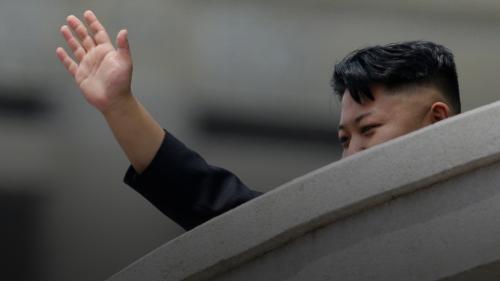
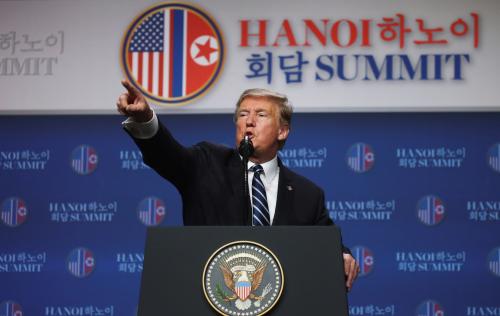
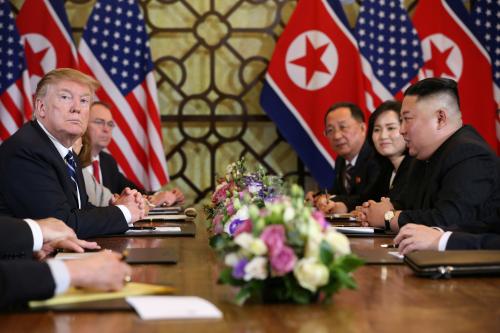
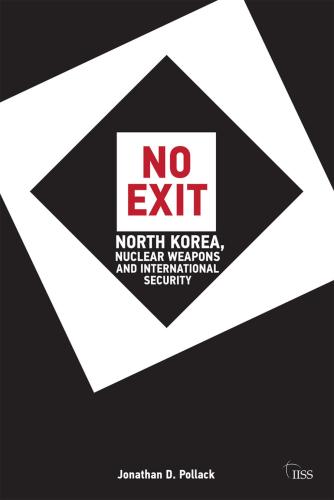
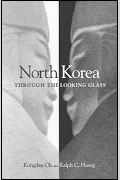


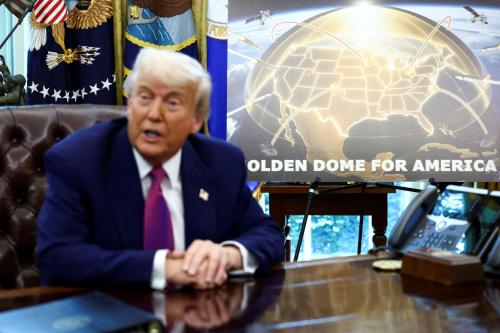
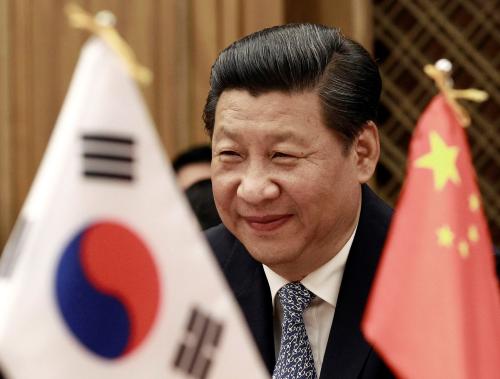
Commentary
Trump and Kim can’t fix the US-North Korea problem on their own
July 8, 2019